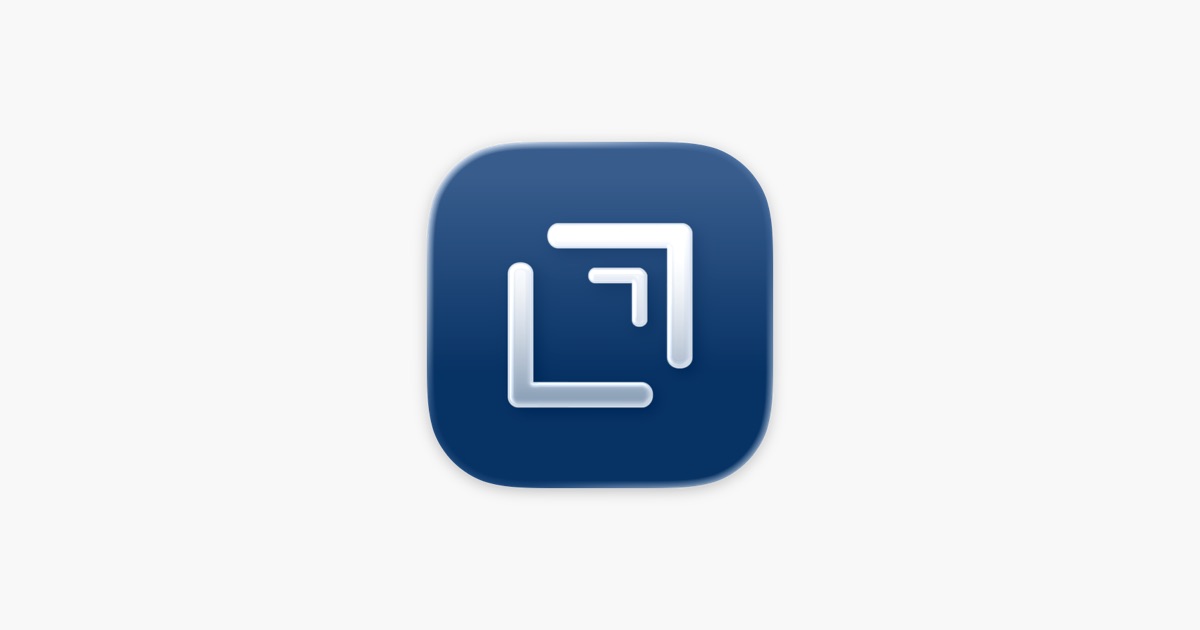One solution indeed as
@gtdstudente pointed is to have a paper system for the personal GTD. I haven't had considered that... It's worth noting I am using Workflowy, which is an outline tool similar to Dynalist, and the problem arised when I tried to have both systems in Workflowy given that in this tool, switching accounts is not very practical and it has no feature to hide or protect some sections other than use a filter #hashtag which can be easily disabled.
I totally agree, I should expect results in my systems according to the effort I put in maintaining them. If other people ended up neglecting one system in detriment to the other, I shouldn't try to mirror their experiences and focus on building my own.
@René Lie yes, that would be viable, I can create two outlines, one branching to the work projects and the other to the personal projects. The problem is Workflowy has a zoom feature which can make everything visible within a few clicks.
It hasn't occurred to me I could bring another device with me at work, for my personal tasks... I think I will go with this idea, since I would like to have everything sync in my Worfklowy accounts.
Thanks
@Baz for your input!
Here is the
link @Baz mentioned in case someone is interested. I am familiar with this episode. I researched it before asking.
I really would like a GTD system at work with minimal interference so I could show some parts of it to my boss or to other people, not that it would happen often, I also lock my computer when I leave so probably it wouldn't be so problematic to have one system, the thing my work is hectic and sometimes I leave in a hurry or have to show my screen to other IT technicians through remote access and give them total access to my computer, that's why I don't feel so safe having my personal projects there.
I have two accounts in Worflowy and I shared links from one to another, this gives me a reasonable amount of peace since my personal projects won't show in the search bar. This method limits Workflowy's function but it's worth a try... If this doesn't work, I'll bring a second device to work and problem solved.
If you have had experiences with two systems please share below so others can benefit in the future. I'll keep watching the thread.
Cheers!


